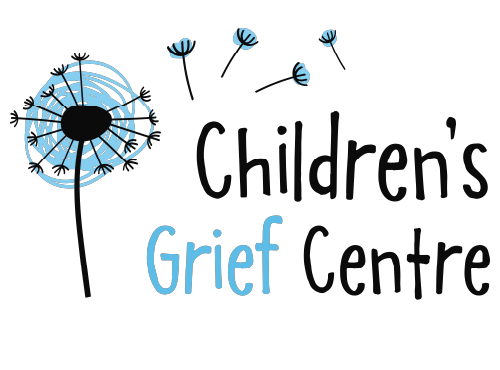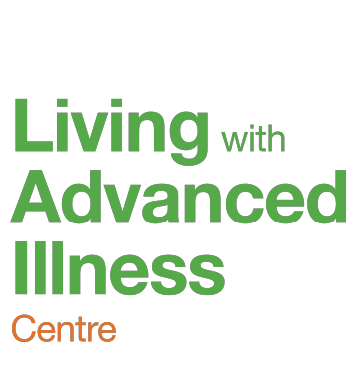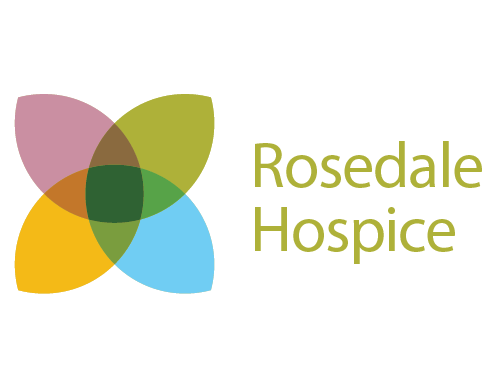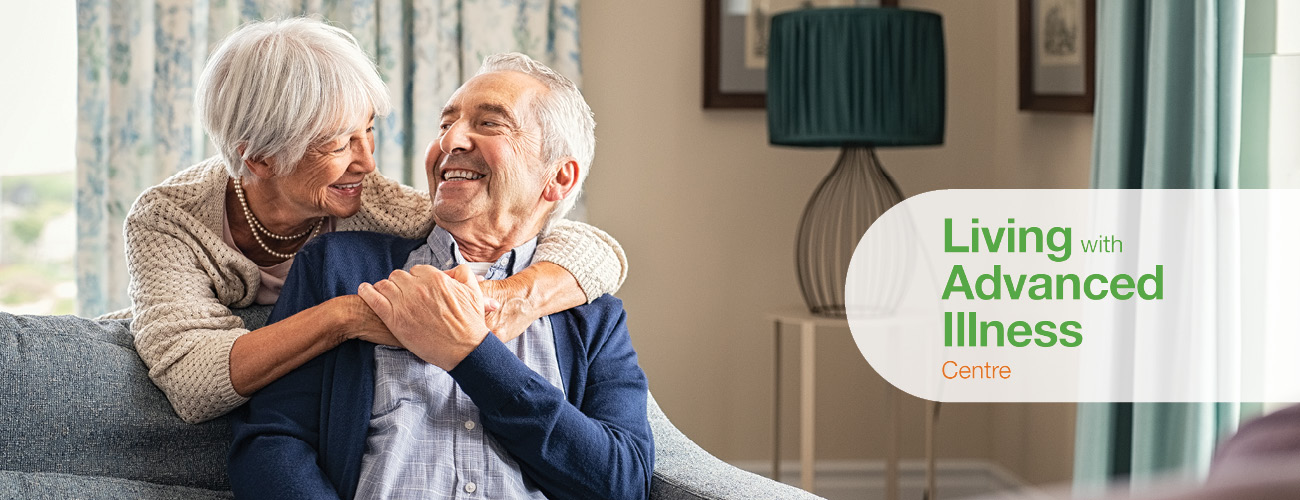Counselling for individuals, caregivers, and families navigating illness, end-of-life, and bereavement.
Grief is a common response when experiencing any life-limiting illness and loss. Counselling can help navigate through these challenging times. We have a specialized team of counsellors who work with clients, caregivers, and family members of all ages, through illness, end-of-life, and bereavement. No referral is required.
Referral
Would you like to refer a patient or client for counselling?
Please fax the completed form to 403-263-4524.
Individual and Family Counselling
We offer individual counselling for clients living with advanced illness and their caregivers, family members, and close friends.
We are here to help people manage well, at home, for as long as they are able. With a deep understanding of and connection to the regional healthcare network, we are able to direct people to the right resources, in the right location, at the right time, and are able to help clients problem solve.
In your first session, the counsellor will explain what counselling is and how we can help. We offer a safe place to share thoughts, feelings, and reactions to grief. Sessions may include expressive therapies, writing, or other activities that help explore and express grief in a healthy ways.
We Go Where We Are Needed
We ensure our services are accessible to all in Calgary and surrounding areas. Our counsellors work with patients and families at our locations as well as at hospices, hospitals, client homes, schools, and online.
Why Grief Counselling during Advanced Illness
Grieving the losses in one’s life is a common reaction when faced with advanced illness. Grief counselling helps navigate emotions and fears associated with grief.
Accessible to All
Counselling fees are on a sliding scale based on family income. No one is turned away due to financial difficulties as we work hard with our community partners to ensure there are no obstacles to accessing our services. If your financial circumstances change at any time, please do not hesitate to speak with your counsellor
Hours & Parking
9:00 am to 5:00 pm, Monday to Thursday, and 8:30 pm to 4:30 pm on Fridays.
The Living with Advanced Illness Centre is wheelchair accessible, and free parking is available in front of the building.
To access 24-hour counselling support, please contact the Distress Centre at 403-266-4357. For any other medical emergency, call 911.
New Client Forms
New client? Click here to access the forms you’ll need to complete before your first appointment.
Frequently Asked Questions
What is a counselling relationship?
The counselling relationship is a special one.
- Your time with your counsellor will be all about you and your family.
- It’s different from a friendship because your counsellor won’t really talk about him or herself.
- Your counsellor’s job is to listen to you, to help you with your grief and all that comes with it.
- Unlike what you and your friend’s do, your counsellor will not be spending time with you outside of your sessions.
What should I know about seeing a counsellor?
- You have choices about what you discuss in your meeting.
- Sometimes your appointments will include some of your family.
- You can share as much as you wish about any topic.
- If you decide you no longer want to see your counsellor, let them or your parent know.
- You can say no to anything your counsellor suggests, though we do ask you to be open to trying new things.
- It is important you are honest, so your counsellor can understand your story and your feelings.
What will my counsellor do for me?
- They will keep what you tell them private unless you give them permission to share. And they can’t talk with your friends; their lips are sealed!
- All the counsellors are part of a team at Hospice Calgary. Sometimes they share stories of children and teens they work with to get more ideas on how best to help support them and their families. If you don’t want your counsellor to use your name if they tell your story, you can pick a pretend name together.
- Include your parent or guardian. Often parents or guardians want to know that you are okay! After each or a few appointments, you and your counsellor will talk about what you want to share with them.
- Keep your artwork or project safe until you are ready to take it home. If you don’t want to take it home, please let your counsellor know.
- They will be open to your questions and be honest with you.
What qualifications do your counsellors have?
All counsellors have graduate degrees in counselling, social work, or psychology and are certified through the College of Alberta Psychologists, the Alberta College of Social Workers, or the Canadian Counselling and Psychotherapy Association. Our professional counsellors are bound by their professional code of ethics and Hospice Calgary’s policies.
How are services ended?
When you and/or your counsellor determine that Hospice Calgary services are longer required, your file will be closed. The opportunity to re-access services for grief counselling is available.
What if I need to speak to someone outside of business hours?
The Living with Advanced Illness Centre operates regularly between 9:00 am and 5:00 pm, Monday to Thursday and 8:30 pm to 4:30 pm on Fridays.
To access 24-hour counselling support, please contact the Distress Centre at 403-266-4357.
If you are a Palliative Home Care client, contact the 24-hour response line at 403-955-6288.
For any other medical emergency, call 911.
How can I contribute to improving services at Hospice Calgary?
As part of your counselling experience, you will be asked to complete surveys to assess your needs and the ongoing benefits of counselling. While you can decline to complete the surveys, your cooperation is appreciated to help improve the quality of support and services the organization offers.



